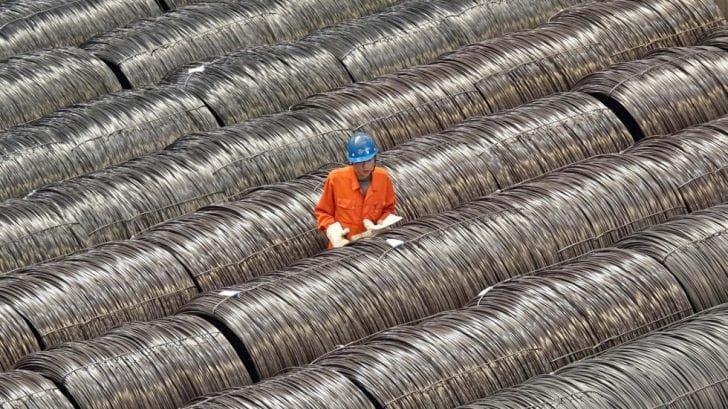
Trade War Emerges after U.S. Hits Nations with Steel & Aluminum Tariffs

The Trump administration made a bold move last week on Thursday when they imposed tariffs on steel and aluminum imports from nations in the European Union, Canada, and Mexico. The news was met with absolute outrage from some of the nation’s closest allies and a handy number of trading partners. Analysts believe that the move could spark a ricochet effect where U.S. consumers are charged more on items like canned soup to cars.
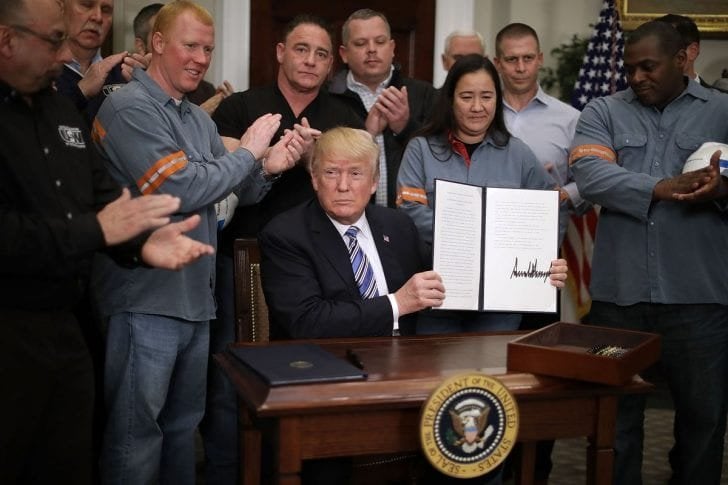
The tariffs were cleverly implemented under the guise of national security measures and lead to strong responses all around the world
In particular, Justin Trudeau, the Canadia Prime Minister didn’t mince any words. He labeled the tariffs as punitive and “totally unacceptable”, and “an affront’. He proceeded to mention that the very idea Canada could be considered as a national security threat to the United States was “inconceivable.”
In retaliation, Chrystia Freeland proceeded to announce $12.8 billion tariffs which she described as being “the strongest trade action Canada has taken in the post-war era.” The European Union promised to seek legal intervention on the matter while Mexico mentioned that they would be looking to impose tariffs to deal with the issue.
In a phone call to reporters, Wilbur Ross, the U.S. Commerce Secretary confirmed that the White House was seeking to add 25 percent of import tariff on steel and 10 percent tariff on aluminum following the crumbling of trade talks prior to the set June 1 deadline that would have facilitated exemptions.
One the markets got wind of the situation, they responded accordingly. The Dow Jones sharply decline once the move was made public and stooped by about 250 points as more investors took note of the impact of proceeding trade tensions. Once Canada announced that they were retaliating, the nosedive proceeded to about 300 points.
Metrics
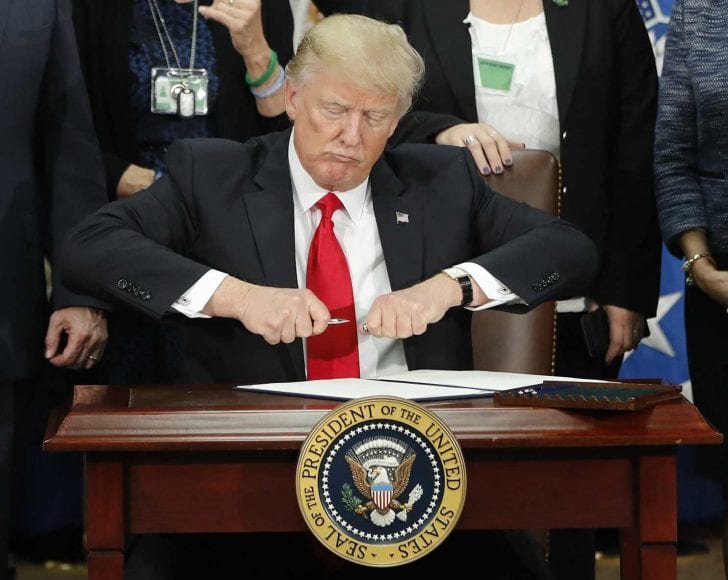
Previously, President Trump made a declaration in March that he would be looking to institute new tariffs by mentioning that, “People have no idea how badly our country has been treated by other countries.”
In a lawsuit filed after the White House made public its trade decision, the European Commission mentioned that the E.U. “stands now ready to react to the U.S. trade restrictions on steel and aluminum in a swift, firm, proportionate and fully WTO-compatible manner,” when referring to the World Trade Organization. Afterward, the European Union promised to launch legal proceedings directed against the U.S. in the W.T.O on Friday. They also mentioned that the level of traffics applied would reflect the damage initiated by the latest U.S. trade restrictions.
Mexico released a statement through their Ministry of Economy and pointed out that, “Mexico deeply regrets and rejects the decision of the United States to impose these tariffs on imports of steel and aluminum from Mexico as of June 1, under the criterion of national security. Mexico will impose equivalent measures to various products in the face of U.S. protectionist measures.”
Trudeau labeled the tariffs as totally unacceptable and proceeded to point out that, “Over the past 150 years, Canada has been America’s most steadfast ally. These tariffs are an affront to the long-standing security partnership between Canada and the United States, and in particular, to the thousands of Canadians who have fought and died alongside American comrades-in-arms.”
In retaliation, Canada is expected to levy “dollar-for-dollar” tariffs from July 1 on an assortment of American-made goods. The announcement made by Freeland made it public that the government had come up with two lists of products that would be subject to either 25 percent or 10 percent taxation, i.e. until the United States changed their stance on the matter.
Opinion
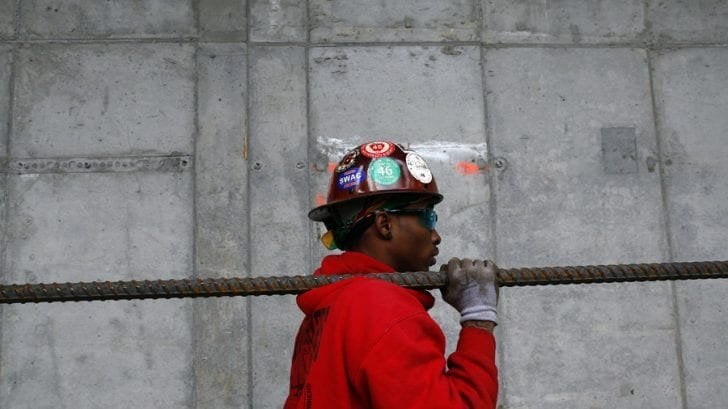
About 2 million jobs are at risk in industries that use imported steel and aluminum
Robert Scott, a renowned economist at the Economic Policy Institute shared his take on the newly imposed tariffs. He mentioned that since the tariffs failed to make a distinction between America’s trade allies and other nations like China, which the U.S. has previously accused of illegal trade practices, trade disputes in future will likely be harder to resolve.
His sentiments were echoed by Dan North, chief economist at Euler Hermes North America who pointed out that the overall concept of imposing tariffs to aid the steel and aluminum industries as being misguided since it could potentially lead to a rapid decline in general economic activity.
More inAdvice
-
`
Why 1 in 4 Americans Trust RFK Jr. for Medical Advice
A recent poll reveals that a significant portion of Americans remain cautious about trusting Health Secretary Robert F. Kennedy Jr.’s medical...
September 19, 2025 -
`
Why Tariffs Could Make Car Insurance Rates Worse
Car insurance costs in the U.S. are climbing, and new tariffs could make the problem worse. Shoppers are already feeling the...
September 11, 2025 -
`
The Automotive Reckoning Has Arrived – Are Companies Ready?
In early 2022, Stellantis CEO Carlos Tavares stood on stage in Amsterdam with a confident blueprint for the future. Fresh off...
September 5, 2025 -
`
Self-Driving Cars Will “Drastically” Change Automotive Design, GM Says
The automotive industry is entering a new chapter that goes far beyond electrification. While EVs dominate today’s headlines, the rise of...
August 29, 2025 -
`
Child Wearing Swimsuit Outside Sparks CPS Visit — The Full Story!
Children playing outside is a familiar and often joyful sight. Yet, sometimes, an innocent choice—like a child wearing a swimsuit outdoors—can...
August 22, 2025 -
`
Florida Auto Insurance Rates Finally Drop. But for How Long?
After years of rising premiums, Florida drivers are finally seeing lower auto insurance rates on the horizon. For 2025, the state’s...
August 15, 2025 -
`
U.S. Reduces Tariffs on Japanese Cars to 15% Under Trump’s Deal
In a move reshaping U.S.-Japan trade relations, former President Donald Trump confirmed a new agreement that slashes tariffs on Japanese car...
August 9, 2025 -
`
Adults in Ohio Face Stricter Rules to Obtain Driver’s License
Ohio has passed a new law that will change the way adults under 21 get their driver’s licenses. Signed into law...
July 31, 2025 -
`
Gen Z Craves Career Guidance, But Their Parents Are Struggling Too
Gen Z is stepping into the future with curiosity and ambition—but they’re not doing it alone. A growing number of teens...
July 25, 2025

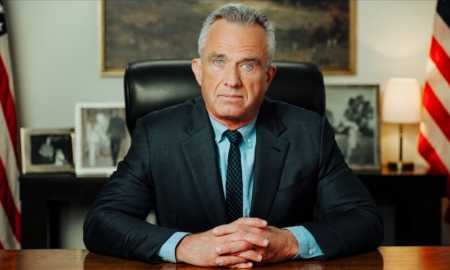





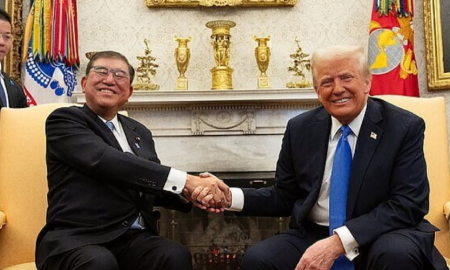







You must be logged in to post a comment Login